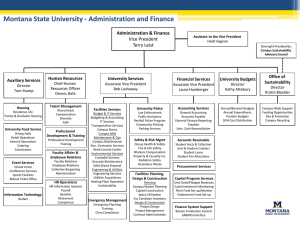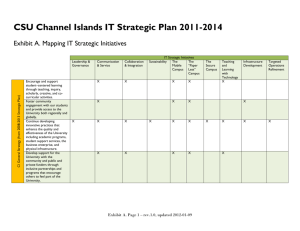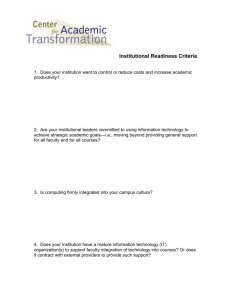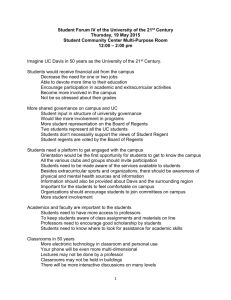Sustainability guide for incoming freshmen
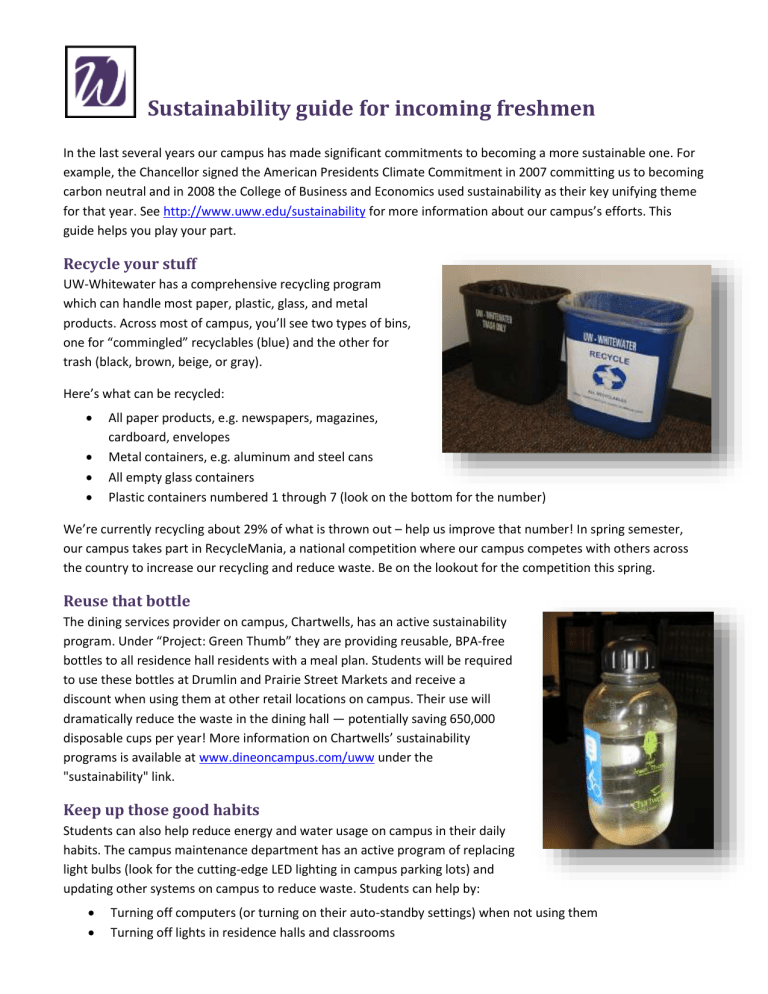
Sustainability guide for incoming freshmen
In the last several years our campus has made significant commitments to becoming a more sustainable one. For example, the Chancellor signed the American Presidents Climate Commitment in 2007 committing us to becoming carbon neutral and in 2008 the College of Business and Economics used sustainability as their key unifying theme for that year. See http://www.uww.edu/sustainability for more information about our campus’s efforts. This guide helps you play your part.
Recycle your stuff
UW-Whitewater has a comprehensive recycling program which can handle most paper, plastic, glass, and metal products. Across most of campus, you’ll see two types of bins, one for “commingled” recyclables (blue) and the other for trash (black, brown, beige, or gray).
Here’s what can be recycled:
All paper products, e.g. newspapers, magazines, cardboard, envelopes
Metal containers, e.g. aluminum and steel cans
All empty glass containers
Plastic containers numbered 1 through 7 (look on the bottom for the number)
We’re currently recycling about 29% of what is thrown out – help us improve that number! In spring semester, our campus takes part in RecycleMania, a national competition where our campus competes with others across the country to increase our recycling and reduce waste. Be on the lookout for the competition this spring.
Reuse that bottle
The dining services provider on campus, Chartwells, has an active sustainability program. Under “Project: Green Thumb” they are providing reusable, BPA-free bottles to all residence hall residents with a meal plan. Students will be required to use these bottles at Drumlin and Prairie Street Markets and receive a discount when using them at other retail locations on campus. Their use will dramatically reduce the waste in the dining hall — potentially saving 650,000 disposable cups per year! More information on Chartwells’ sustainability programs is available at www.dineoncampus.com/uww under the
"sustainability" link.
Keep up those good habits
Students can also help reduce energy and water usage on campus in their daily habits. The campus maintenance department has an active program of replacing light bulbs (look for the cutting-edge LED lighting in campus parking lots) and updating other systems on campus to reduce waste. Students can help by:
Turning off computers (or turning on their auto-standby settings) when not using them
Turning off lights in residence halls and classrooms
Using less paper in bathrooms or using the air driers
Drinking tap water instead of bottled water
Purchasing from resale shops or from websites such as Craigslist
Park the car and ride your bike or walk to class
More opportunities
Our campus has many other programs and groups where you can take part in and learn more about sustainability efforts.
In your student orgs. Several groups across campus undertake sustainability-related activities throughout the year. Check out
Students Allied for a Green Earth, Business Ethics Student
Association, Beta Beta Beta (biology student group), and American
Marketing Association, among others.
In your studies. There are now two environment-related Learning
Communities on campus (Conscious Capitalists and Green
Business is Good Business) and several environment-related classes.
See the Environmental Studies Minor for more information.
Campus events. Attend many of campus events such as Earth Day or special campus speakers.
Other campus efforts
Behind the scenes, there are many other on-going attempts to make UW-Whitewater a more environmentallyfriendly campus. Here’s a sample of some of these efforts.
Presidents Climate Commitment – our campus has committed to reducing our net carbon emissions to zero (that’s huge). We’re currently measuring our emissions, called a greenhouse gas inventory, as a first step
Energy efficiency efforts – through retrofitting lights, automated systems, and schedule changes, our campus has electricity usage per square foot by 13% since 2005. We also have four all-electric vehicles on campus used by maintenance year-round.
New residence hall – we are currently constructing a new residence hall on campus that will be LEED
Silver certified. LEED (Leadership in Energy and Environmental Design) is a green building standard for reducing the total environmental footprint of a building’s construction and on-going operation. For example, the windows in the hall contain special coatings to reflect light in summer and a gas-filled space to increase their insulation value in the winter.
Want to know more?
Have a look at our new UWW Sustainability Website at http://www.uww.edu/sustainability . The site has information about current and upcoming events, details of our recycling plans, environment-related educational opportunities, and information about other sustainability project on campus.


